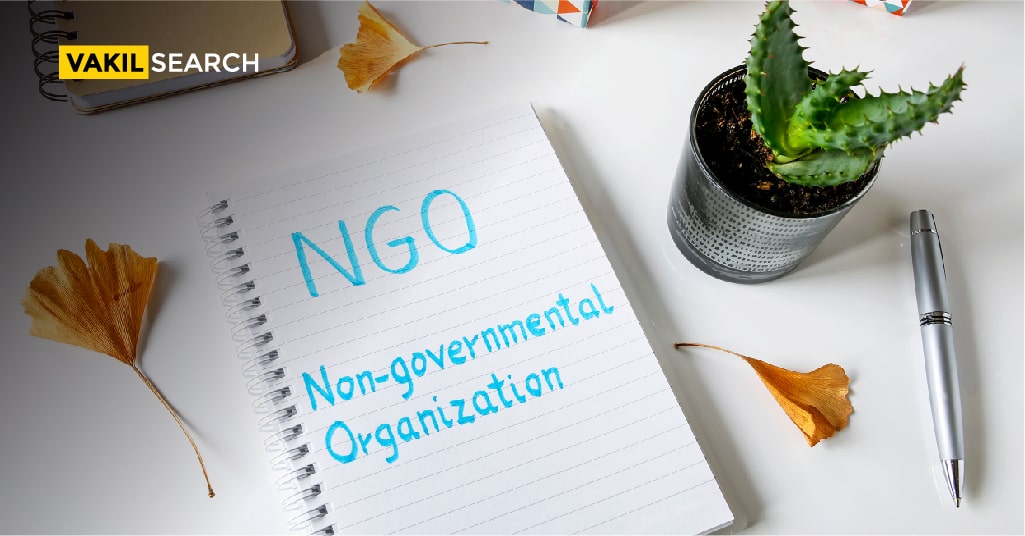The main purpose or aim of the NGO is to help society to grow towards a bright and healthy future by making their present better.
A non-governmental organization is a non-profit organization set up with the intention of the betterment of society. Such organization deals with human rights, education, environmental concerns, public policy health, and other social issues they think are addressable. Starting an NGO is quite simple, and its registration in Indian records too. One has to fill out certain forms and applications to get the status of a legal organization that is all ready to function. Additionally, a certified NGO gets many benefits and privileges compared to other organizations. These advantages include tax exemption, Name reservation, legal authorization, and whatnot. Read more to know about the Types of NGOs in India.
But specific ID proofs are required to avail of those certificates, and these demands may vary from NGO to NGO depending upon its type.
Types of NGOs
The main purpose or aim of the NGO is to help society to grow towards a bright and healthy future by making their present better. But to accomplish this motto, there are various ways that an NGO can choose. Its functionality and registration determine the type of NGO.
They can be broadly divided into Trusts, society, and Section 8 Companies (or just ‘Companies’)
-
Trust
Charitable trust also falls under the category of NGOs. The basic framework of trust is the ‘Settler’, who forms the organization and transfers assets to the second party. These second parties are also known as Trustees.
Check Here to More about: https://ngodarpan.gov.in/
These trusts work for the underdeveloped section of society that cannot even meet their basic requirements for living a healthy life. Such types of NGOs can be easily registered, and as per the Indian Constitution, there is no law that holds power to work in the matter of Trusts.
-
Society
Society Registration Act, of 1860 is the law that governs all the societies in India. To enjoy the benefits of registered NGOs, societies must verify themselves by their perspective state registrar. Generally, these organizations deal with the enhancement of arts, science, social welfare, literature and other artistic and logical fields to secure user data and facts.
Some major functions of this type of NGO include raising military orphan funds, maintaining public libraries, protecting museums and their heritage, etc. It is a group of individuals that have come together for scientific, charitable or scientific development.
-
Section 8 Company
A Section 8 company is usually initiated for charitable purposes and falls under the Companies Act, 2013. This type is quite similar to society as its aims also align with science, arts, commerce, social welfare, sports, charity, religion, and environmental protection.
Section 8 Companies hold a more formal and serious impression in front of government bodies, stakeholders, and donors. Although Section 8 companies are a type of Non-profit Organisation, their operations and framework are very similar to those of a Private Limited Company. Like any private company, they also follow all the rules and regulations formulated under the Companies Act.
Conclusion
An NGO: https://ngodarpan.gov.in/ needs to get certified to take all the benefits and advantages. Trust NGOs that are not popular or competitive in terms of registration do not demand much formalities or other proof.
There are many animalities between all the types discussed yet. But a factor that always remains common in them is the typical and composite preparation of legal papers and the NGO registration procedure. Thus, legal help from a professional is always required. Vakilsearch helps you hire a good and experienced lawyer who can help you with your legal complexity.



